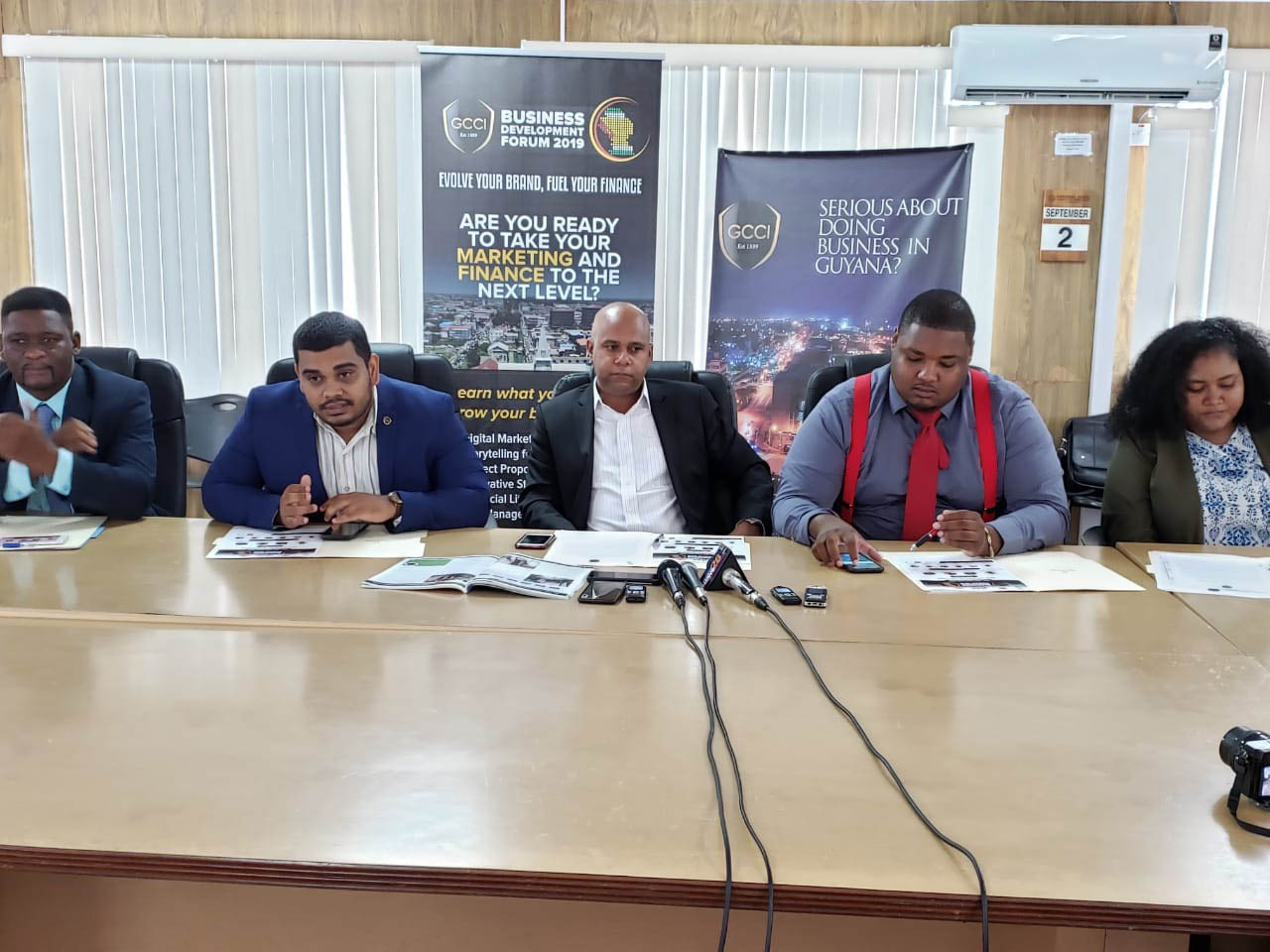
It has been more than 30 years since Guyana embraced the principles of the free market that developed the private sector as the engine room of the country’s economy. Since then we have communicated all sorts of views that seek to explain what has slowed our progress and what might be possible solutions to the constraints that have slowed our progress. Unfortunately, despite seemingly serious intentions, we have yet to remove the obstacles identified. In the meantime, we continue to struggle to realize our full potential. Long-term economic prosperity and stability continue to exclude us.
Every year the World Economic Forum releases its Global Competitiveness Index (GCI), which rates countries, using various criteria that measure their success in building a competitive business environment. Apart from that, the World Bank also prepares and publishes a global “ease of doing business” rating index.
Of the one hundred and ninety (190) countries analyzed in these surveys, Guyana has never reached the top 100 in either. No Caribbean country has appeared in ‘top ten’ improvements in the last four years and none have ranked in the top 50.

Guyana has missed key opportunities to set the pace for itself and the region. In 2015, former Business Minister Dominic Gaskin declared that the APNU + AFC administration had set its face against bureaucracy and that Guyana would work to improve in areas where they were marked as deficient by the World Bank index. Since that time Guyana has done even worse, falling from 123 in 2015 to 134 in 2019. One would have hoped, following this decisive statement by the then Minister for Business, that he could that there has been some improvement. moderate, in the World Bank index. There was no improvement.
This was no surprise to the Guyana business community. Since then, momentum has continued to creep forward at a light pace, offering only half-hearted cosmetic maneuvers instead of meaningful reforms targeting long-term improvement.
It is easy to identify several significant constraints to business development. These need to be addressed urgently if we are serious about economic development in the midst of what are likely to be the challenges facing a post-COVID-19 global economy.
More obvious limitations to moving forward are the obvious skills deficits and the huge training gaps that remain; the massive and ever-present bureaucratic congestion in key state agencies; high costs of finance and electricity; an outdated, threatened and unsecured land and property transfer system; inconsistent and uneven processes for transferring state assets; an outdated and counterproductive electoral system; inadequate e-commerce platforms and data protections; limited support for the development of micro and small businesses, and an inefficient judicial system that is poorly equipped to deal effectively with commercial disputes.
Although private sector Business Support Organizations (BSOs) have risen – particularly the clamor of Local Content targeting the emerging repercussions of an oil and gas industry, there has been no corresponding ringing for elimination private installation restrictions. the potential of the sector and by extending the social solution and economic well-being of the general population. As the world economy awakens in the post-pandemic recovery, Guyana should be at the forefront of the opportunity to prepare itself for economic prosperity. This is not – as it seems at least – where we are at present.
Clinton Urling is a former president of the Georgetown Chamber of Commerce and Industry.